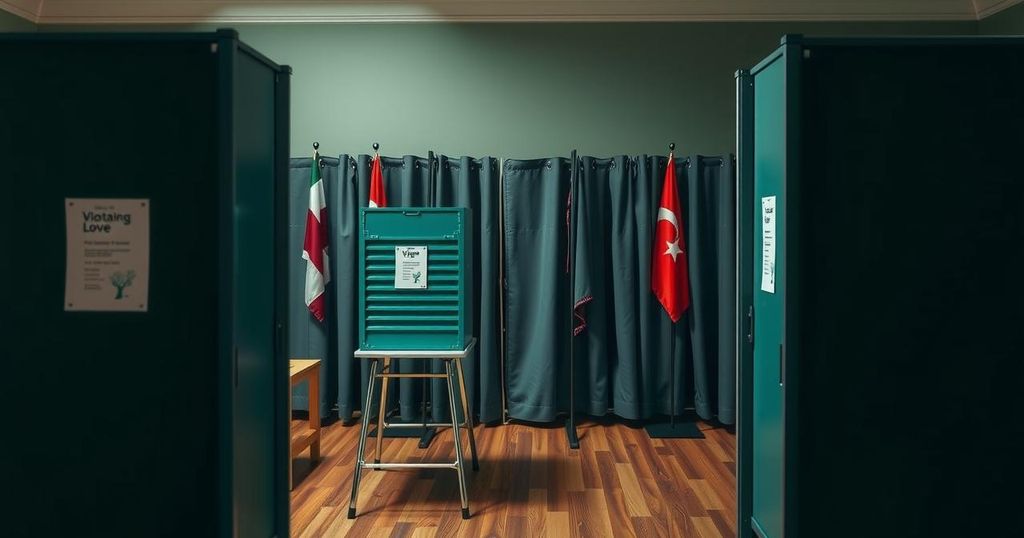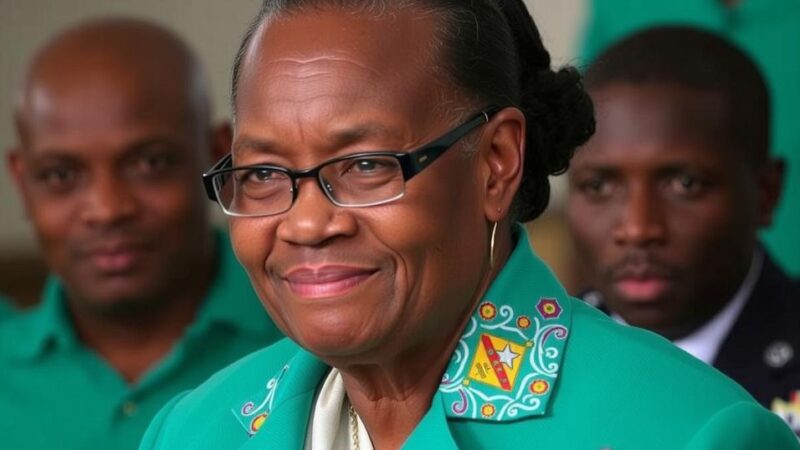On November 29, 2024, Ireland commenced a critical parliamentary election amid a complex socio-economic backdrop marked by the political dominance of Fine Gael and Fianna Fáil, as well as the rising challenge from Sinn Féin. Key issues include a severe housing crisis and immigration, with voting concluding at 10 p.m. (2200 GMT) on election day.
Polling has commenced in Ireland for a highly contested parliamentary election, marking a pivotal moment for the nation as voters engage in selecting 174 lawmakers to serve in the Dáil, Ireland’s lower house. This election is particularly significant as it reflects the electorate’s sentiments in the aftermath of a global pandemic, economic instability, and rising cost-of-living challenges. Polls opened at 7 a.m. (0700 GMT), with approximately 3.8 million eligible voters participating in this democratic process.
The political landscape is primarily dominated by Fine Gael and Fianna Fáil, traditional rival parties that share center-right ideologies but have historical roots stemming from opposing sides during Ireland’s civil war in the 1920s. Following a razor-thin outcome in the 2020 elections, these parties formed a coalition government under a rotating taoiseach system, showcasing their intent to cooperate despite differences. This election also features the opposition party Sinn Féin, which emerged as a formidable force in the 2020 vote but has thus far been excluded from governmental roles.
Main issues plaguing the electoral campaign include a significant housing crisis, severely impacting affordability and availability for residents. Experts, including John-Mark McCafferty of Threshold, indicate this situation stems from historical underinvestment in housing combined with recent economic fluctuations. Furthermore, immigration has emerged as a contentious topic, with an influx of asylum seekers challenging the country’s capacity to provide shelter. Although there is no substantial far-right presence in formal politics, the discourse surrounding immigration remains charged and divisive, particularly affecting Sinn Féin’s support among traditional constituencies.
Current polling data suggest a fragmented electorate, with key support distributed among Fine Gael, Fianna Fáil, Sinn Féin, smaller parties, and various independents. Despite a series of missteps, Fine Gael’s performance remains steady, while Sinn Féin claims an upward trajectory. Political analysts predict a potential continuation of the Fine Gael-Fianna Fáil coalition, albeit with the necessity for minor parties or independents to play a crucial role in government formation.
Polling will conclude on Friday at 10 p.m. (2200 GMT), followed by exit polling to provide preliminary insights into the election results. The official counting of votes will commence on Saturday, with the final results expected to trickle in over the ensuing days, potentially prolonging the government formation process.
Ireland’s parliamentary elections are of notable significance as they demonstrate the public’s response to ongoing socio-political challenges. The backdrop of this election includes the COVID-19 pandemic, international economic disruptions, and domestic concerns such as escalating living costs. This election presents larger themes of stability versus change, where long-established parties face increasing scrutiny and competition from emerging political voices.
The outcome of this election is poised to not only reshape the political landscape in Ireland but also serve as a barometer of public sentiment amidst pressing societal issues. With multiple parties vying for power, the result will undoubtedly influence the direction of governance as Ireland navigates through housing shortages and immigration challenges.
Original Source: apnews.com







